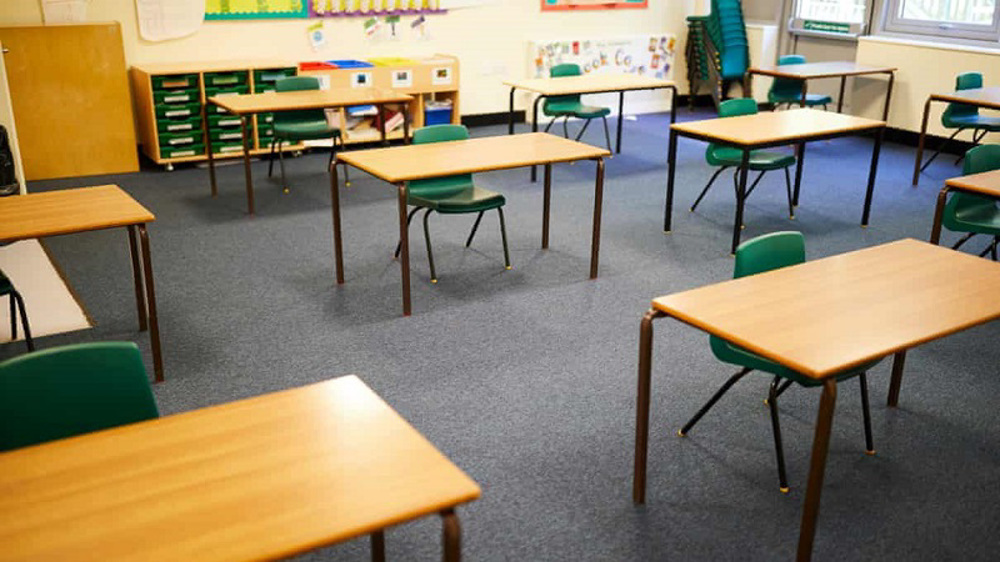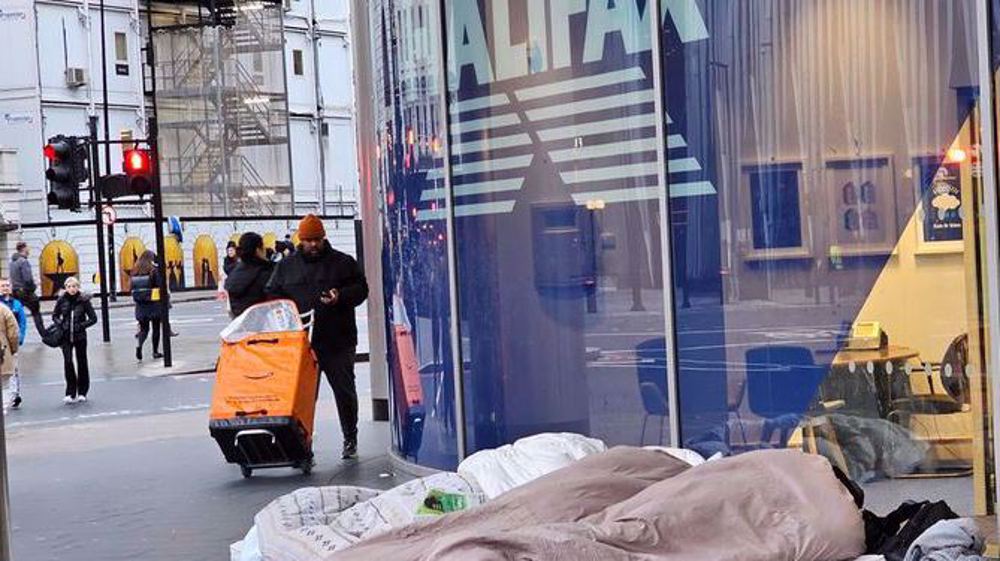Guidance on masks for staff and school pupils in England updated
The current government has made a great number of U-turns in recent months; the most recent, the shift in policy on facemasks for schools announced on Tuesday, could adversely affect children returning to school in England next month.
What is to change?
On Tuesday, not long after a cabinet minister had claimed that the policy was not under review, the government revised its guidance on face coverings for staff and children in secondary schools in England.
In certain areas of the country with high levels of Covid-19, designated “areas of national government intervention”, such as lockdown areas including Greater Manchester, children in year 7 and above and adults are being advised to wear face coverings in schools “when moving around, such as in corridors and communal areas where social distancing is difficult”. The guidance states “it will not usually be necessary” to wear masks in classrooms, where protective measures mean the risks are lower.
What if pupils fail to follow the new guidance?
Asked what would happen to anyone who does not follow the guidance on masks, a Department for Education spokesman said: “The wellbeing of all children, young people and staff should be the central focus when preparing for the reopening of schools at a local level. No one should be excluded from education on the grounds that they are not wearing a face covering. As would be usual, if there are any concerns about a child or young person behaving or acting in a way which doesn’t align with school policy or procedure, their behaviour or actions should be discussed with them to resolve those concerns.”
How will this affect schools outside the lockdown areas?
The government has not mandated face coverings in secondary schools or colleges outside the lockdown areas, however, the guidance states: “Schools and colleges will have the discretion to require face coverings in communal areas where social distancing cannot be safely managed, if they believe that it is right in their particular circumstances.”
It gives examples of why school leaders might decide to recommend face coverings for pupils and staff, such as because the layout of the school makes social distancing difficult.
Why is the government acting now?
On Monday the deputy chief medical officer for England, Dr Jenny Harries, said the evidence on whether or not children over 12 should wear masks in schools was “not strong”. However, the new guidance references the World Health Organization’s updated position – also endorsed by Unicef, the UN children’s agency – on 21 August which said: “Children aged 12 and over should wear a mask under the same conditions as adults, in particular when they cannot guarantee at least a 1-metre distance from others and there is widespread transmission in the area.” The government had also come under pressure from unions including the Association of School and College Leaders (ASCL), which represents more than 19,000 senior staff, over the issue.
Where do the devolved administrations stand?
Scotland’s education secretary said on Tuesday that all Scottish secondary school pupils over the age of 12 should wear face coverings in communal areas including corridors from Monday. Downing Street announced its policy flip shortly after the Scottish announcement.
The Scottish government has also said that while travelling on dedicated school transport, all children aged five and over should cover their faces. Northern Ireland has announced a similar move. On Wednesday, following a review, the Welsh government announced it was recommending face masks be worn in schools by those aged over 11 in areas where social distancing cannot be maintained, as well as on school buses.
Does the guidance now have universal approval??
Not quite. The government’s latest policy about-turn has prompted criticism from its own backbenches, with the senior Tory MP Huw Merriman urging Downing Street to “get a grip”. In a scathing attack, he told the BBC on Wednesday: “The worry is that if we’re saying it’s unsafe in the corridors, the next thing it’ll be unsafe in the classroom, and that will really prove an impediment on people’s learning. And, quite frankly, as a Conservative MP that came into politics to try to help people’s life chances through school, I am sick and tired of the way that we are treating our young people. I feel it’s an absolute disgrace and I really feel the government needs to get a grip and just be certain, get on with it and inspire confidence rather than just completely changing its mind.”
‘Textbook definition of terrorism’: Tehran denounces Pelosi’s call on US to exact ‘pain’ on Iranians
VIDEO | 39th AU summit opens in Addis Ababa with focus on water security, peace, and development
VIDEO | Iran: The stronghold Washington lost
Anti-Iran ‘Munich circus’ shows Europe has lost geopolitical weight: Araghchi
Swiss to act as venue of next round of Iran-US talks: Report
Report: Over 50,000 soldiers fighting in Israeli military hold foreign citizenship
Danish PM warns US attack on Greenland would spell end of NATO
Power running out at key Gaza hospital, ICU patients at risk: Report














 This makes it easy to access the Press TV website
This makes it easy to access the Press TV website